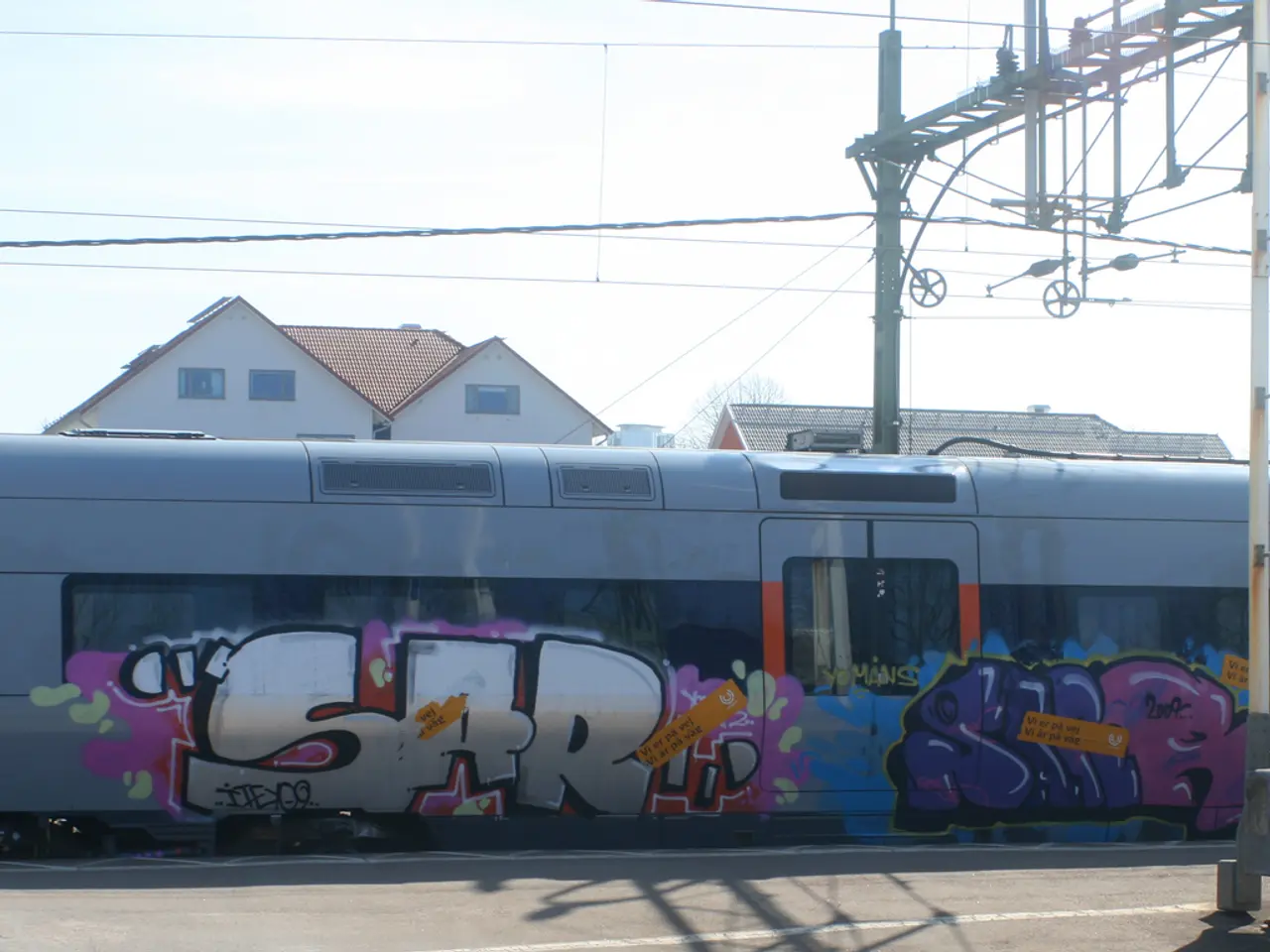Transforming commuter rail systems into DART lines might lead to challenges with restroom facilities
In the near future, the National Transport Authority (NTA) is set to address the absence of toilets on DART-type trains for longer journeys, particularly on the Drogheda to Dublin services. This concern arises as the transition from diesel trains to electric DART-style trains is planned for 2024, with the new trains primarily being deployed from that year onwards.
The problem is expected to first manifest on the Northern Line, followed by the Sligo Line when DART carriages are introduced on commuter services there. Currently, there are no open public toilet facilities between Drogheda and Connolly Station on the Northern Line.
To tackle this issue, Balbriggan is considered the most straightforward option for providing toilets at some stations. Additionally, reopening toilets at stations like Balbriggan and Rush & Lusk, which are currently closed due to anti-social behavior and drug-related issues, is also recommended.
Malahide, on the other hand, is under consideration for developing toilet facilities to give train travellers more flexibility. Providing toilets at Malahide is recommended in the short term for longer trips and in consideration of the current DART high frequency.
However, any reopened or new toilets would require close monitoring, possibly with full-time security or manning of stations, due to the potential vulnerability to vandalism or anti-social behavior.
In the initial rollout, the new trains will mainly be used during peak morning times. It's also worth noting that the 90-minute fare, soon to be extended to Drogheda, will not incur a financial penalty for passengers getting off at an intermediate station.
At least one intermediate toilet stop, such as Rush & Lusk, Skerries, or Balbriggan, would be needed for passengers to disembark and catch the next service. Any decisions regarding the provision of these facilities will be made with a focus on ensuring a comfortable and convenient travel experience for passengers.
As the transition to the new trains progresses, it's clear that addressing the issue of toilet facilities will be a key priority for the NTA. The aim is to ensure that passengers have access to necessary amenities, especially during longer journeys, and that stations along commuter lines are equipped with suitable facilities.
Read also:
- Duty on cotton imported into India remains unchanged, as U.S. tariffs escalate to their most severe levels yet
- Steak 'n Shake CEO's supposed poor leadership criticism sparks retaliation from Cracker Barrel, accusing him of self-interest
- President von der Leyen's address at the Fourth Renewable Hydrogen Summit, delivered remotely
- Unveiling Innovation in Propulsion: A Deep Dive into the Advantages and Obstacles of Magnetic Engines







